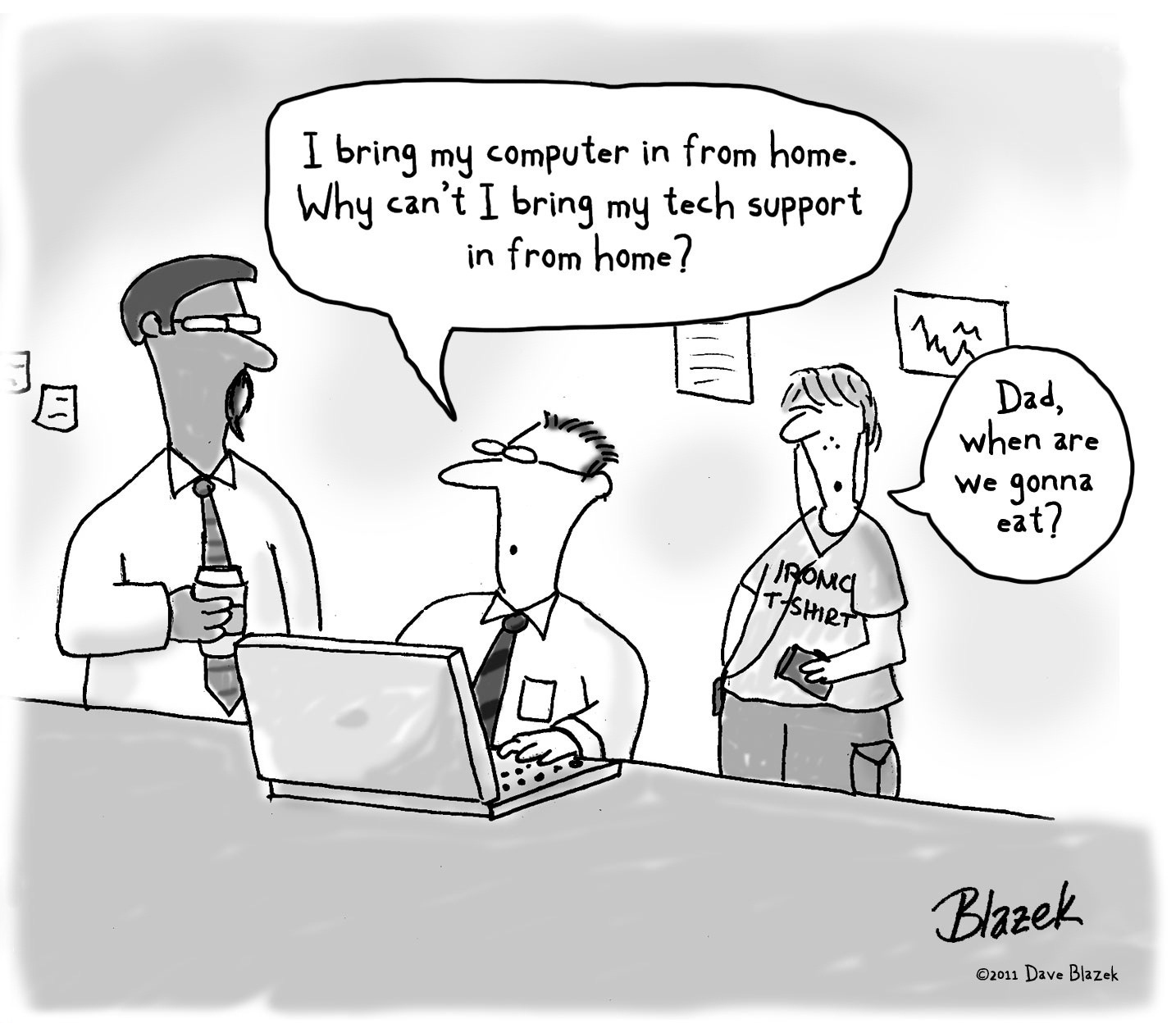Ending the Tech Oligarchy. Bitcoin Tech Talk Issue #210
Online, too many of us are completely dependent on tech companies. Google, Facebook, Twitter and even the service that hosts and sends this newsletter, Substack, essentially have a veto over our content. They are essentially trusted third parties, which can be good for convenience, but when that veto power is abused, can really suck.
Bitcoin has given us a way to end the financial trusted third party. That’s one of its main attractions is that we don’t need permission to send money to whomever we want. Of course, that comes with some cost as now we’re responsible for our own security, but the trade-offs of getting rid of fractional-reserve banking and theft through inflation are well worth it.

How can we do this for content and speech? Currently, the tech oligarchy has too much power to censor things they don’t like. Most of that isn’t nefarious. They’re rightfully worried about the liability they’d face and as a result, they’re now having to play politics.
This is not a good situation for anybody, not for these companies, not for the government, not for the users. Ideally, each person gets the content they want without any interference, but the existence of a trusted third party prevents this.
So what can we do? We need to build a decentralized web. We need a way to publish things peer-to-peer, without third parties in the middle. We need software vendors that don’t rely on centralized cloud services, but let you host your own versions of everything. Instead of using gmail, I would pay for software so I can set up my own mail server with the same features. Instead of using Twitter, I would pay for software so I can set up my own message server to get data from other servers that I find interesting.

Essentially, to decentralize the web, we all need to be running our own nodes and we need software that makes this work. I think Lightning could be a powerful way to make this happen, but it doesn’t have to be. To end the tech oligarchy, we need to take back our sovereignty and we need better user-friendly software to help make this happen. In other words, a decentralized web requires all of us to invest in it. We’ve learned these lessons from Bitcoin, so we can apply them to the web in general. Is there enough demand for such a thing? I certainly hope so, but it’s going to take a lot more awakening for that to happen.
Bitcoin
Taproot has been merged! I anticipated Taproot taking a shorter amount of time to get to this point, but the changes in the point-picking scheme resulted in more time being needed to review the changes. The big question now is how we’ll handle activation. This likely won’t be via BIP9 like it was with the last soft fork in 2017 that caused so much consternation. BIP8, or the option of activating anyway after some time looks like a serious consideration. As a reminder, Schnorr Signatures are included in this soft fork, which should give us a lot more options for security.
Jameson Lopp writes about the very annoying issue of address gaps in HD wallets. This has been a problem for many wallet developers and knowing the possible ways in which you may generate 20+ addresses that don’t get used and planning around them is a major part of wallet design. This is especially annoying for recovering wallets as many wallets will simply stop after the first gap. Thankfully, the article addresses ways to mitigate these shortcomings.

BitMex Research has an interesting article out on the safety of brain wallets. Basically, brain wallets of well-known phrases are not a good idea and there are many bots that are actively looking for such outputs to sweep. I used to have students create private keys based on their phone number, which, even on testnet got swept up pretty quickly. This isn’t a surprise since phone numbers generally have only about 10 digits, which is not nearly enough entropy.
Coldcard is now supported by Unchained Capital for their multisig products. I personally like Coldcard and Cobo for Bitcoin storage in multisig, which Specter supports. Ideally, when Trezor starts allowing sd cards for tx signing, these three hardware wallets would be great for a multisig setup. Note Unchained Capital still needs to work on Cobo integration.

It looks like Coinbase is getting ready to support Bitcoin development. They’ve tried to in the past but encumbered the support with too many conditions for developers and nobody really took it. That said, the board of advisors for this grant looks pretty solid. Here’s to hoping they support Bitcoin devs in a transparent way. As Nic Carter points out, companies supporting Bitcoin devs is a growing trend and a strength for Bitcoin.
Lightning
Max Webster has a thought-provoking article on Lightning. I totally disagree on DeFi being anything useful, but his thoughts on Lightning look right to me. The main thing from the article that I see going forward is that LN is really the decentralized web that we’ve all been looking for. Identity and a third-party-less web is what I want to see. If, for example, section 230 is struck down, Lightning is going to be a major way to get our information.
Economics, Engineering, Etc.

B10C has published a nicely compressed history of Bitcoin development. This is traced from the very beginning of Satoshi Nakamoto’s involvement to the current state of development. There’s a nice timeline that encapsulates what’s happened over the 12+ years.
Bitcoin Magazine has published a great article on mining pool decentralization. The article has some juicy tidbits about the pools in China. There’s a lot of negotiating behind the scenes among the big mining players and the pools and a thriving market of deals that happen. Definitely worth reading, especially if you’re involved in mining operations.
Another week, another company using Bitcoin as a reserve asset. This time, they’ve bought 10,000 BTC for their treasury reserve as part of their strategy to offset the Fed’s money printing. They apparently have over $1B under management, so the BTC position is only about 10% of their holdings, which I would bet becomes a larger percentage in the years to come.

Coinbase has published a bunch of statistics about government requests for user data. It looks like most of the requests come from law enforcement for criminal investigations, not civil investigations. It also looks like tax compliance takes up a small percentage (~9%) of the overall requests from government. This will be an issue going forward and I hope they continue to publish this data.
Atomic Finance will soon have a product where you can bet using Discrete Log Contracts called Atomic Odds. I hinted at this in the last newsletter, but this is an interesting way to do bets directly peer-to-peer. Locking up the money beforehand essentially escrows the money without a third party, though there still is a requirement for an Oracle.
Podcasts
My podcast this week was with North Korean defector Yeonmi Park. We talked about her journey to the US and the similarities she sees between what’s going on in the US right now and the situation in North Korea. We also talked about Bitcoin’s role in human rights.
I was also on Tone’s show to talk about Square’s $50M buy of Bitcoin and Floating Point Nakamoto Consensus.
My books make a great Christmas gift!
Fiat delenda est.


"To end the tech oligarchy, we need to take back our sovereignty and we need better user-friendly software to help make this happen. In other words, a decentralized web requires all of us to invest in " Where do I sign up? How do we all get a unique ID, controlled by us, that can be used for everything, including voting?.
Great info !! Thanks for the great contribution to the community!!